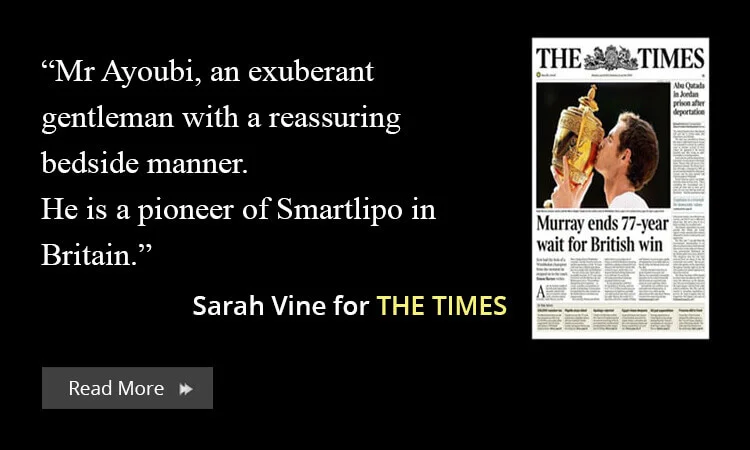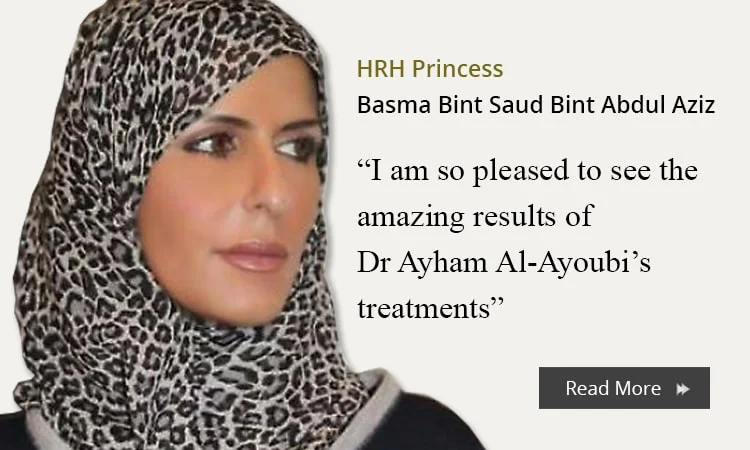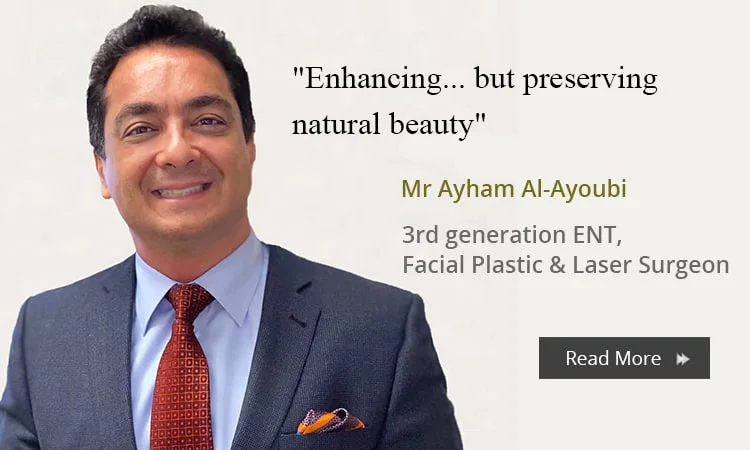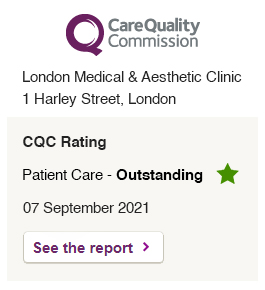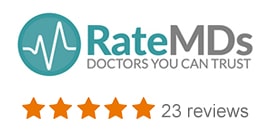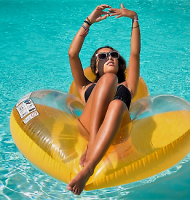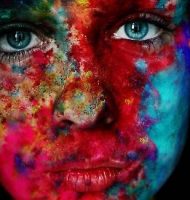We pride ourselves in being one of the leading clinic’s in the treatment of scarring in Asian skin in the UK.
An Asian patient with Fitzpatrick skin types III-V are at increased risk of scar formation after the most minor trauma or injury to the skin.
Cutaneous injury in Asian skin types are particularly common due to the genetic predisposition for abnormal scar formation and hyperpigmentation in pigmented skin.
Asian skin has a thicker dermis than Caucasian skin and higher collagen density which can lead to increased fibroproliferative response during healing.
Scars can become abnormal and develop into hypertrophic scarring with a prolonged period of inflammation, leading to increased redness during wound healing.
Asian skin also has more Melanin, sebum secretion and collagen formation in comparison to Caucasian skin making it more susceptible to abnormal scar formation.
Common Types of Scars
- Atrophic – Acne scar
- Hypertropic scar
- Keloid scar
Scar Treatment
At the London Medical & Aesthetic clinic we tailor treatment options to the individual bearing in mind their skin type.
There are a number of treatment options available in the treatment of scars.
Treatment of Acne scarring / Atrophic scar
Sculptra & Subcision
A hypodermic needle is introduced into the subdermal space parallel to the skin and moved back and forth and in a fanning motion to release the skin. The depression is lifted by this motion as well as the injection of Sculptra (Poly-L-Latic Acid) to further stimulate collagen production to fill the depression.
Subcision aims to sever the fibrous attachments beneath the scar at the subdermal level to lift up the scar and induce the formation of connective tissues through normal physiological healing.
Chemical Peels
Chemical peeling involves applying a chemical to the outer layers of the skin to accelerate the removal of old, dead skin cells at the surface of the skin to promote new cell growth.
It is also a widely used procedure in the treatment of acne scarring and can help to soften the appearance of acne scarring.
CO2 Laser Resurfacing
Ablative laser skin resurfacing most commonly uses either a carbon dioxide or an Erbium:YAG laser.
Skin resurfacing with carbon dioxide (CO2) lasers is a commonly used method of acne scar treatment in Asian skin types.
CO2 laser skin resurfacing destroys the epidermis, the surface layer of your skin in a controlled way, which exposes the deeper layer of the skin known as the dermis.
The laser is used to heat the dermis, which stimulates the growth of new fibres of collagen, a long fibrous protein that supports tissues and cells.
As the wound heals, you will form new skin that is softer and less scarred than before.
Treatment of Keloid Scarring
Corticosteriod Injections
Corticosteriods is an effective treatment in keloid scar management and reducing excessive scarring by decreasing collagen synthesis.
It can also inhibit fibroblast proliferation and encourage scar regression proving to be a popular treatment for keloid scarring.
Surgical removal
If steroid injections are unsuccessful or the keloid is large in size, surgical excision is recommend. Surgery alone is rarely effective in managing keloids so it is often followed up with a series of postoperative steroid injections.
Cryotherapy
Cryotherapy directly damages cell tissue and causes the scar tissue to flatten and slough off.
Radiotherapy
Radiotherapy is typically reserved as a last choice for otherwise unresponsive keloids.
Scar Management at Our Clinic
Patients travel from all over the UK and from around the world to have Dr Ayham Al-Ayoubi perform scar removal treatments at the London Medical and Aesthetic Clinic. Dr Ayham Al-Ayoubi may use a combination of treatment options in order to maximise the aesthetic result using this own advanced techniques, including, Sculptra & Subcision and CO2 Laser Resurfacing.

